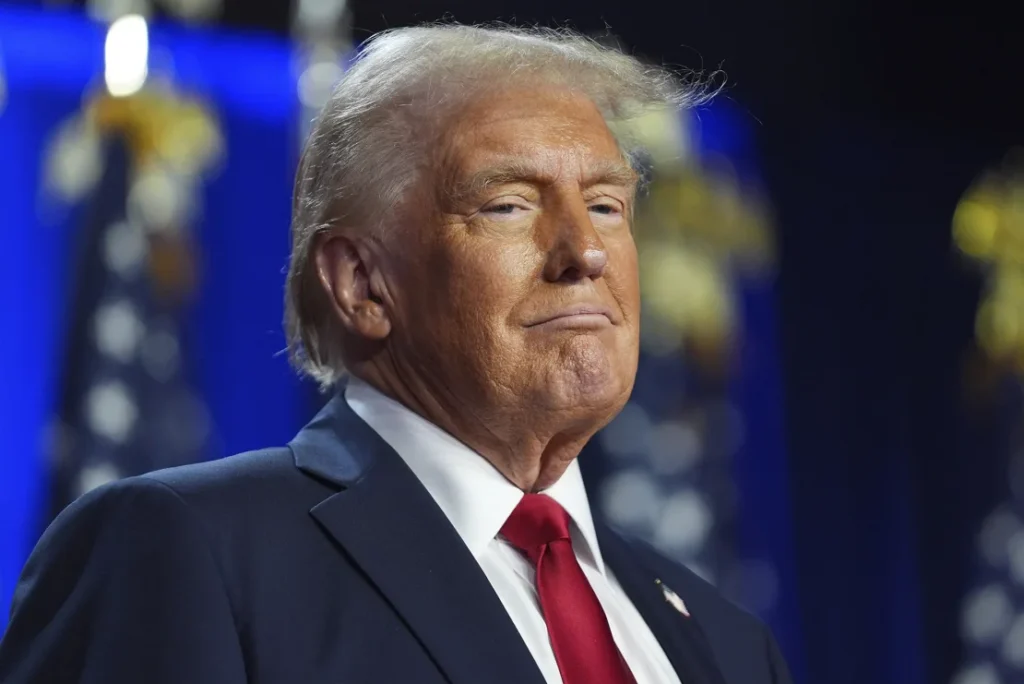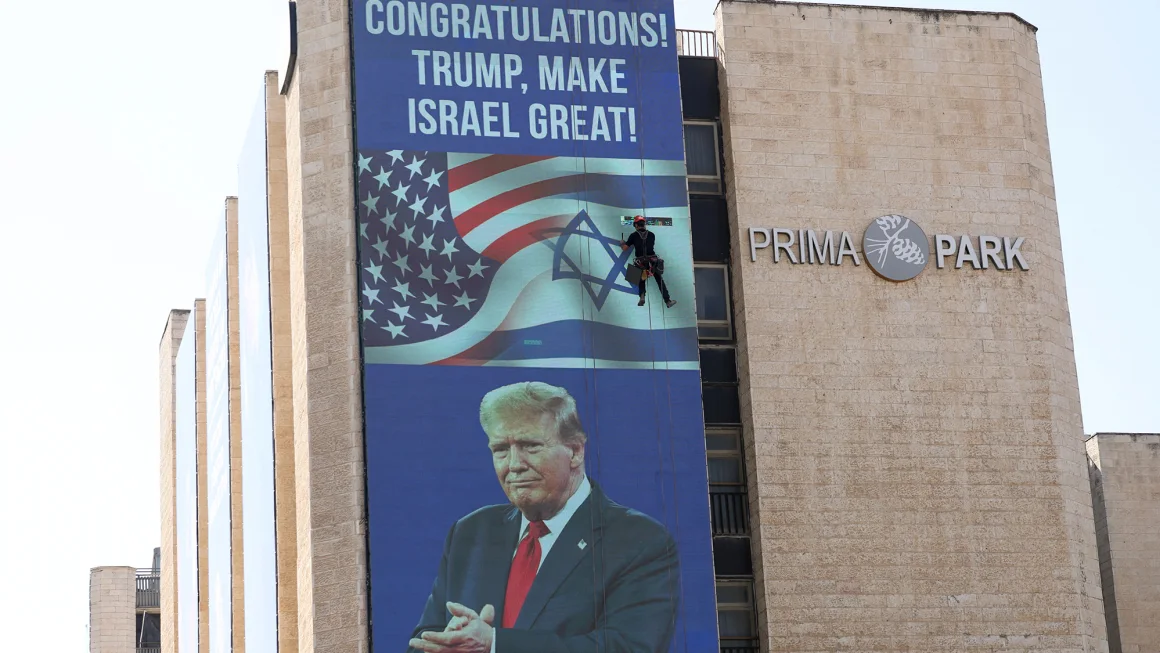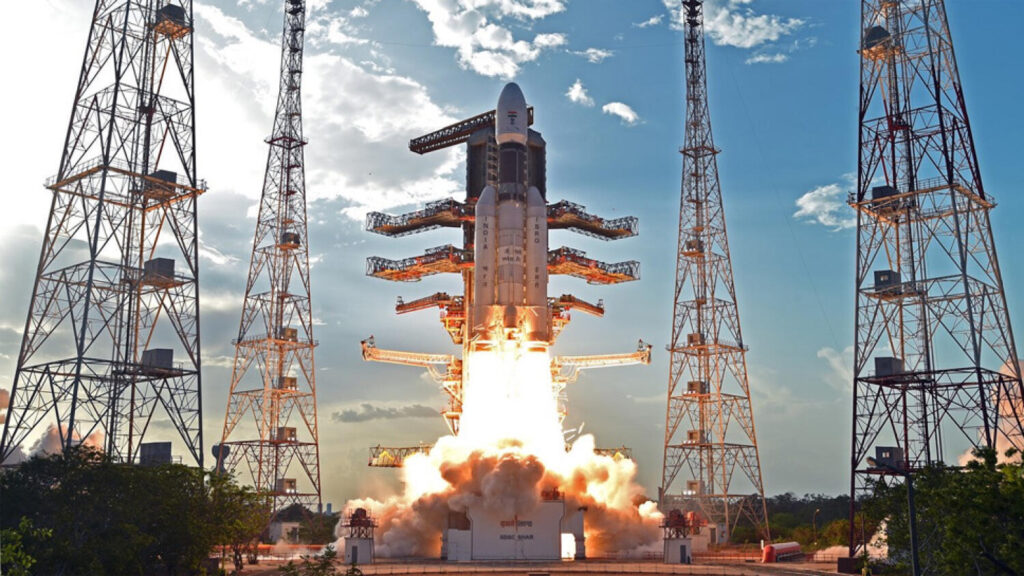How Donald Trump’s Return to the White House Could Reshape the Middle East
President-elect Donald Trump’s history with the Middle East suggests that the region will remain central to his agenda during his upcoming term. In his first presidency, Trump broke new ground by making Saudi Arabia his first foreign destination, unveiling the “deal of the century” for Israeli-Palestinian peace, strengthening Israel’s regional ties, and imposing a “maximum pressure” campaign on Iran.
However, the region has evolved significantly since Trump left office in 2021, with new geopolitical dynamics that will challenge his leadership. Here’s how his presidency could impact key players in the Middle East.
Israel and Palestine: Navigating a Fragile Landscape
Trump’s approach to the Israel-Palestine conflict has historically favored Israel, highlighted by his recognition of Jerusalem as its capital and sovereignty over the Golan Heights. While these moves solidified his reputation as a pro-Israel leader, critics argue they sidelined Palestinian aspirations.
Observers believe Trump may push for an end to the Gaza and Lebanon wars, pressuring Israeli Prime Minister Benjamin Netanyahu to “wrap it up” quickly to avoid these conflicts dominating his presidential agenda. Analysts, however, fear that Trump’s policies might embolden Israel to annex parts of the West Bank, effectively ending hopes for a two-state solution.
While Trump avoided prioritizing Palestinian statehood in his previous term, his unpredictable style could mean new developments—or deeper divides—in the conflict.
Iran: A Return to “Maximum Pressure”?
During his first term, Trump pulled the U.S. out of the 2015 Iran nuclear deal, reimposed economic sanctions, and ordered the assassination of Iranian General Qasem Soleimani. Should he adopt a similar stance, the Islamic Republic could face renewed economic and diplomatic isolation.
Since 2020, Iran has expanded its nuclear enrichment and military influence while enduring domestic unrest and economic challenges. Experts warn Trump’s return could embolden Israel to strike Iran’s nuclear facilities, raising the specter of broader regional conflict.
Still, Trump’s reputation as a dealmaker might tempt him to pursue negotiations with Iran, albeit on terms highly favorable to U.S. and Israeli interests. However, his administration’s hawkish national security team might discourage any rapprochement.
Gulf States: Strengthening Alliances
Trump’s warm ties with Saudi Arabia and the UAE during his first term reshaped U.S.-Gulf relations. His decision to make Riyadh his first foreign visit in 2017 symbolized a commitment to strengthening partnerships with Gulf monarchies.
Leaders like Saudi Crown Prince Mohammed bin Salman are likely to welcome Trump’s return, seeing opportunities for closer alignment on issues such as countering Iranian influence and expanding economic collaboration. However, Gulf states have since adopted more independent foreign policies, pursuing diplomacy with Iran and diversifying alliances beyond the U.S.
Trump’s presidency could revive talks of expanding the Abraham Accords, potentially bringing more Arab states into normalization agreements with Israel.

Regional Implications
Trump’s reelection comes as the Middle East faces unprecedented shifts, from evolving U.S. influence to new alliances and conflicts. While his policies will likely prioritize Israeli security and Iranian containment, the long-term implications could redefine the region’s political landscape.
From strengthening Gulf partnerships to recalibrating the U.S.-Iran relationship, Trump’s leadership promises to reshape the Middle East’s trajectory—though the outcomes remain uncertain. The president-elect’s history in the region suggests he will aim to leave a lasting mark, for better or worse.
Source : CNN




